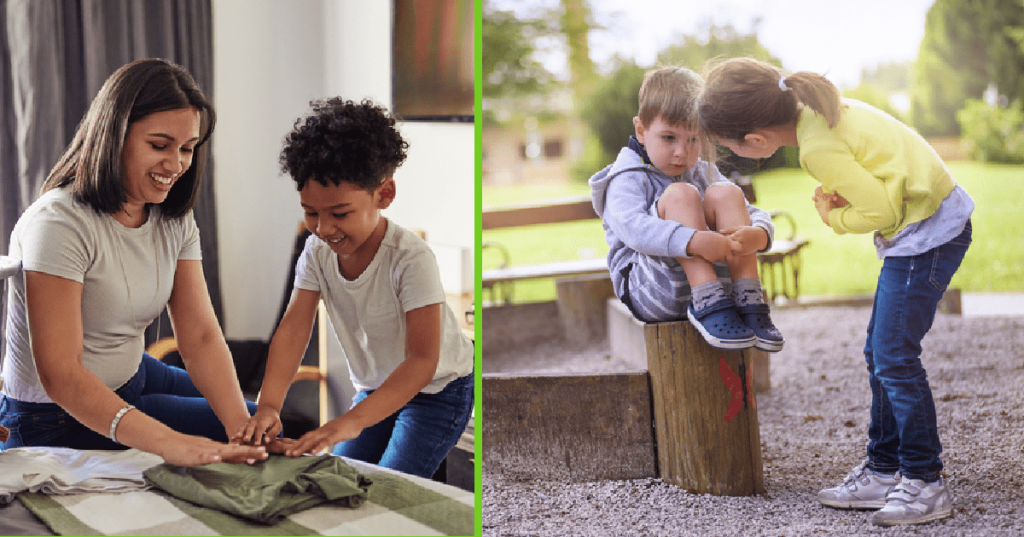Parenting is one of the hardest – but most rewarding – jobs most of us will ever have. There is so much advice out there on how to do it “right,” and there’s so much pressure nowadays to keep up with what we see on Instagram.
If you’re wondering what other people are teaching their young kids, though – or what other parents are prioritizing in this crazy world – here are 8 things these parents are hoping to do.
8. Laundry.

Image Credit: iStock
Anyone with children knows that the laundry is never ending, and there’s no reason for it all to fall on one person.
Kids as young as 6 can begin to learn and assist with parts of the process, so don’t delay.
The sooner it becomes a part of their weekly routine as well, the easier it will be to continue.
7. Basic first aid.
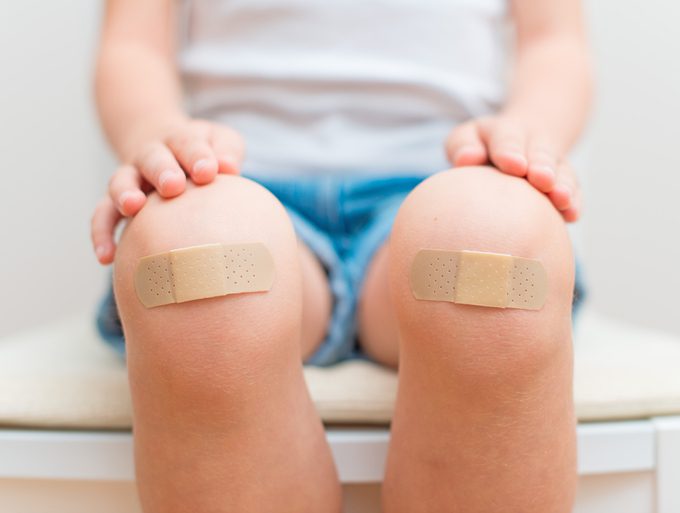
Image Credit: iStock
They should know the big stuff, like how to call 9-1-1 and how to recognize if someone is choking, but they can also learn how to take care of themselves if you’re not available.
Basic knowledge like cleaning and sanitizing a wound before covering it is simple and an effective way to practice self-sufficiency.
6. Advocating for themselves.

Image Credit: iStock
This might come naturally for your child, but for some kids, speaking up for themselves is hard.
They might be shy, anxious, or just naturally passive, and so they’ll need coaching on how to be their own advocate.
You can start by role-playing at home and talking about confidence and being able to ask for help when you need it.
5. How to be a good winner – or loser.
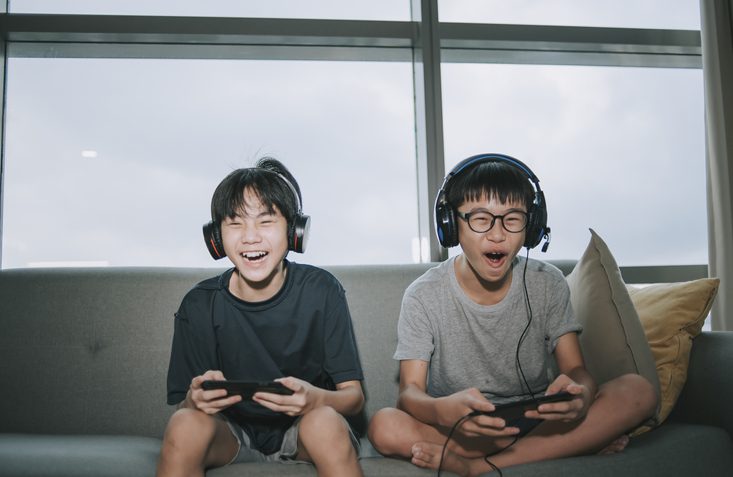
Image Credit: iStock
Good behavior starts at home, so when you play family games or your children are being naturally competitive with each other is a good time to start.
We don’t gloat or tease when we win, and while it’s ok to be sad to lose, it’s not ok to be angry or thrown a fit.
Nobody wins all the time, and it’s important to be a good sport or no one will want to play with us in the future.
4. Online safety.
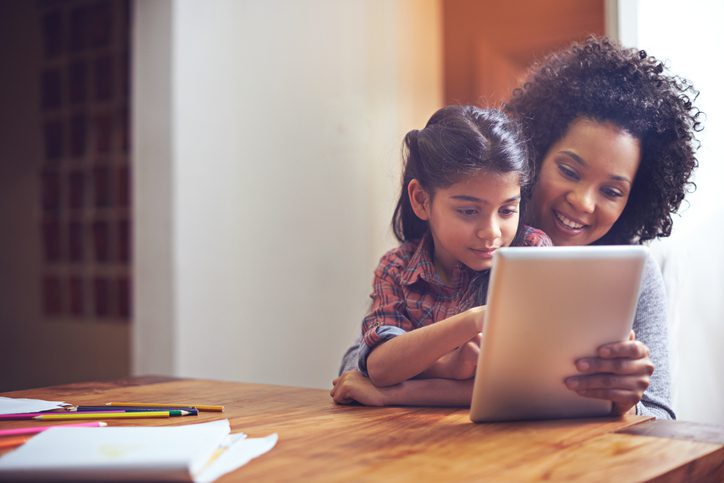
Image Credit: iStock
Most of our kids have at least one device of their own long before the age of 10, but as they add things like social media and gaming, there are more and more opportunities to become a victim – or a bully.
You’ll want to keep a running and open discussion that’s age appropriate so that you can return to it as new issues come up.
Privacy, scammers, and bad people looking to take advantage should all be on the agenda.
3. Ownership and consequences.

Image Credit: iStock
It can be hard to let our kids suffer the natural consequences of their actions, but the lessons learned can be invaluable.
Resist the urge to step in for them or to encourage them to shift the blame where it doesn’t belong.
If your kids know the consequences of their actions head of time, they have no one to blame but themselves if they break a rule.
2. Empathy and compassion.
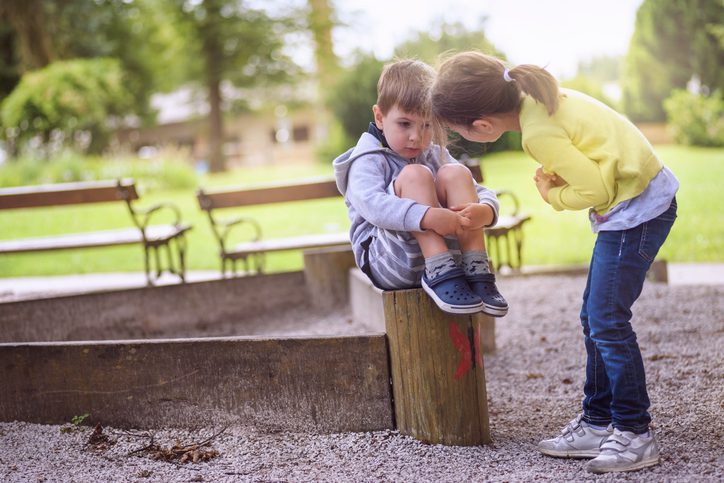
Image Credit: iStock
Empathy and compassion seems to come naturally to younger kids, but it can be harder as they grow.
Try doing exercises with your kids that challenges them to put themselves in someone else’s shoes.
The result should be an ability to practice more kindness, patience, consideration, and sensitivity to others.
1. How to navigate peer pressure.
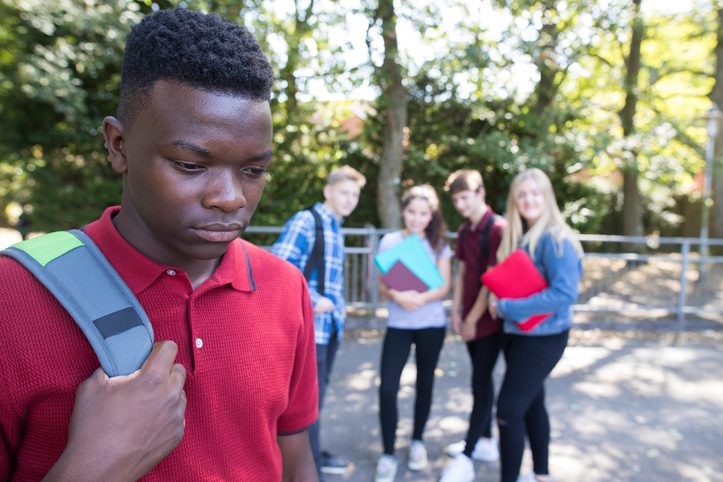
Image Credit: iStock
We all want to be accepted by our peers. That said, attention-seeking behavior can be a non-starter for parents of young kids.
Our children should be comfortable saying no and having enough confidence in their own judgement to stand their ground. It’s also a good opportunity to talk about healthy friendships!
I think these are all fair desires, but listen – every kid is different and so is every family, so you have to make sure you’re doing what’s right for yours.
What do you hope to teach your child by the time they’re 10? Drop your biggest dreams in the comments!
